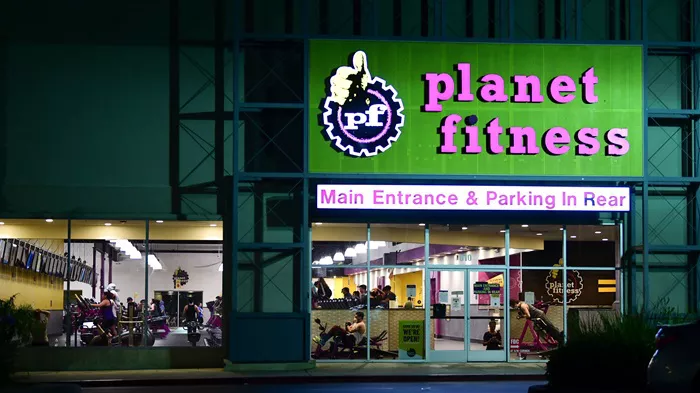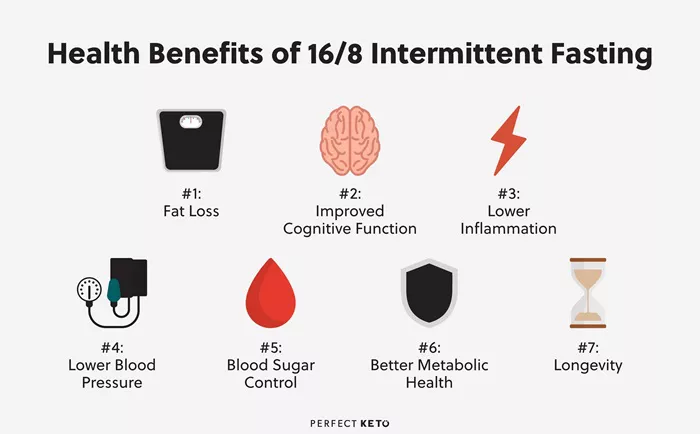Universal health coverage is a critical goal in achieving the United Nations Sustainable Development Goals (SDGs). However, providing quality healthcare for all remains a complex challenge, especially in the face of growing and aging populations. While increased funding and a larger healthcare workforce are potential solutions, digital innovation and artificial intelligence (AI) have emerged as transformative tools in improving health literacy, access to services, and overall healthcare outcomes.
At the recent Intelligent Health Summit in Switzerland, Tencent Healthcare highlighted the growing importance of AI in reshaping the healthcare landscape. The company emphasized how AI, when properly deployed, can enhance health information dissemination, improve literacy, and make healthcare services more accessible, particularly for underserved communities. The integration of digital solutions also promises to reduce inefficiencies in healthcare systems and streamline the patient-provider experience.
Bridging Online and Offline Healthcare Services
One of the key challenges in modern healthcare is integrating digital services with traditional in-person care. While virtual platforms can provide health information and services, critical aspects such as surgeries and physical examinations cannot be conducted online. To bridge this gap, comprehensive services that seamlessly connect online and offline care are necessary. Several countries have already made strides in this direction, but industry-wide collaboration, involving hospitals, pharmacies, and medical practices, is essential for success.
Creating Seamless Health Services
Tencent Healthcare has developed an innovative solution to address the challenge of healthcare accessibility: a mini program within Weixin, China’s popular multipurpose app. This platform allows users to schedule appointments, access health checks, book vaccinations, and manage their health records—all from their smartphones. Additionally, users can subscribe to personalized health education services that send tailored information based on their interests.
Since its launch, the Tencent Healthcare mini program has reached over 80 million users, demonstrating its widespread adoption and impact in improving healthcare access.
Providing Reliable Health Information
With the abundance of health information available online, distinguishing accurate, trustworthy sources from misinformation can be difficult. Tencent Healthcare has tackled this issue by creating a medical wiki backed by stringent editorial standards and expert input. The platform provides users with educational articles on various health conditions and infectious diseases, supplemented with animations and short videos. To further expand access to reliable knowledge, top doctors also host live-streamed sessions, where they answer questions and share valuable insights with the public.
Enhancing Medication Access and Understanding
Tencent’s platform also makes it easier for users to access and manage medications. Through the app, users can order over-the-counter drugs, receive medication reminders, and even scan product packaging to obtain information on drug interactions, side effects, and contraindications. This functionality addresses common issues, such as difficulty reading fine print on medication packaging, and helps users stay informed about their prescriptions.
Improving Diagnosis Accuracy with AI
Artificial intelligence is also playing a significant role in enhancing diagnostic accuracy. Tencent Healthcare has developed large medical models (LMMs) that assist doctors in making more accurate diagnoses. These models, which are used by over 1,000 leading medical-service providers in China, have shown promising results in improving diagnostic accuracy and speed. One such tool, a cell morphology analyzer backed by AI, boasts an accuracy rate of 95%, reducing the analysis time from 25 minutes to just 30 seconds. This AI-powered solution not only helps doctors in urban centers but also provides critical support for medical professionals in remote areas, ensuring they stay up to date with the latest diagnostic standards.
Supporting Healthcare Professionals
For AI to be effectively integrated into the healthcare system, it is crucial to gain the support of medical professionals. Tencent Healthcare has addressed this challenge by offering technical support and promoting the benefits of AI in reducing the administrative burden on healthcare workers. By automating routine tasks like paperwork and simplifying consultations, AI helps healthcare providers focus more on patient care, leading to improved efficiency and job satisfaction.
In sum, when used effectively, digital platforms and AI not only serve as educational tools for the public but also as invaluable resources for healthcare professionals, streamlining operations and improving patient outcomes. Through the continued integration of AI and digital services, the healthcare system can become more efficient, accessible, and responsive to the needs of all individuals, particularly those in underserved communities.
Related Topics
Growing Opposition Threatens 70-Year-Old Water Fluoridation Practice
Global Health Care Access Remains Out of Reach for Many, Experts Warn
Health Groups Urge EU Leaders to Prioritize Preventative Policies in Food Systems



































